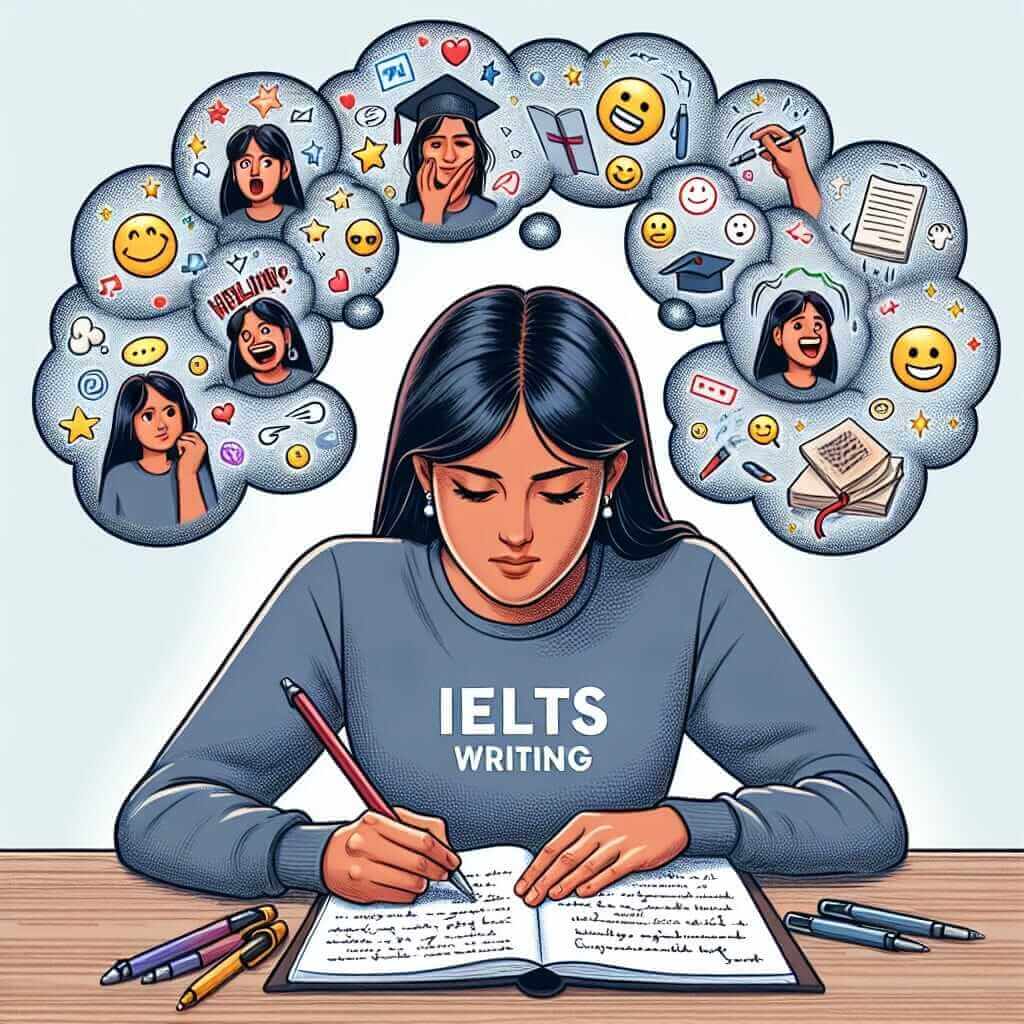Many IELTS students aim to elevate their writing by using more complex structures. However, it’s easy to stumble into grammatical errors when venturing beyond familiar territory. One such area involves the phrase “it judges that.” While it might sound intuitively correct, this construction is rarely used and often sounds awkward in English. This article clarifies why “it judges that” is typically incorrect and guides you towards sophisticated alternatives for expressing impersonal judgments in your IELTS writing.
Nội dung bài viết
Here are examples of how we might try (incorrectly) to use “it judges that” and how to express the intended meaning more naturally:
Incorrect: It judges that climate change is a significant threat.
Correct: Climate change is widely judged to be a significant threat.
Incorrect: The report, it judges that the economy will grow.
Correct: The report judges the economy to be poised for growth.
Incorrect: In my opinion, it judges that social media has a negative impact.
Correct: In my opinion, social media has a demonstrably negative impact.
As you can see, we can often convey the intended meaning more effectively by using different structures or word choices. Let’s explore why.
Understanding “It Judges That”
The problem with “it judges that” lies in the verb “judges.” “To judge” is typically a transitive verb, meaning it requires a direct object. We judge something or someone. The pronoun “it” doesn’t provide a clear object in this case. Additionally, using “it” as the subject to express a judgment often creates ambiguity about the source of that judgment.
Expressing Impersonal Judgments: Effective Alternatives
The good news is that there are numerous, more natural ways to express judgments without relying on “it judges that.” Here are some strategies to elevate your IELTS writing:
1. Use Passive Voice
The passive voice is your ally when you want to emphasize the action or judgment itself, rather than the agent performing it:
Formula: Subject + Be Verb + Past Participle + (By + Agent)
Examples:
- It is widely acknowledged that education is key to social mobility. (Simple Present)
- The new policy was deemed necessary to address the housing crisis. (Simple Past)
- It has been argued that globalization has both positive and negative consequences. (Present Perfect)
IELTS Application: The passive voice is particularly useful in IELTS Writing Task 2 essays when presenting general opinions or summarizing opposing views.
2. Employ Impersonal Subjects
Instead of “it,” consider subjects like:
- It is generally believed…
- Many people argue…
- Experts suggest…
- Studies indicate…
Examples:
- Experts suggest that early language exposure benefits cognitive development.
- It is generally believed that regular exercise promotes good health.
IELTS Application: These structures are valuable for introducing general opinions or widely held beliefs, especially in Task 2 introductions and when synthesizing information in Task 1.
3. Utilize Reporting Verbs
Reporting verbs like “argue,” “assert,” “claim,” “contend,” “maintain,” and “suggest” effectively convey judgments from specific sources:
Examples:
- Economists argue that government intervention is necessary to stabilize the market.
- The study suggests a correlation between sleep deprivation and decreased productivity.
IELTS Application: These verbs are effective in Task 2 essays when presenting and analyzing different perspectives or evidence from sources.

Common Errors and How to Avoid Them
Let’s examine some frequent errors related to impersonal judgments and how to correct them:
Error: It is considered that technology is always beneficial.
Correction: Technology is widely considered to be beneficial, though it also presents challenges. (Adding nuance avoids overgeneralization)
Error: The data judges that the program was successful.
Correction: The data indicates that the program was successful. (Data cannot “judge”)
Error: It is thought that everyone should go to university.
Correction: While higher education is valued, it is not necessarily the right path for everyone. (Avoid absolute statements)
Conclusion
By understanding the nuances of impersonal language and avoiding constructions like “it judges that,” you can elevate your IELTS writing. Mastering passive voice, impersonal subjects, and reporting verbs will empower you to express judgments with clarity, sophistication, and grammatical accuracy, enhancing your ability to achieve a higher band score. Remember to practice these techniques with a variety of IELTS writing prompts to solidify your understanding and apply them confidently on exam day.